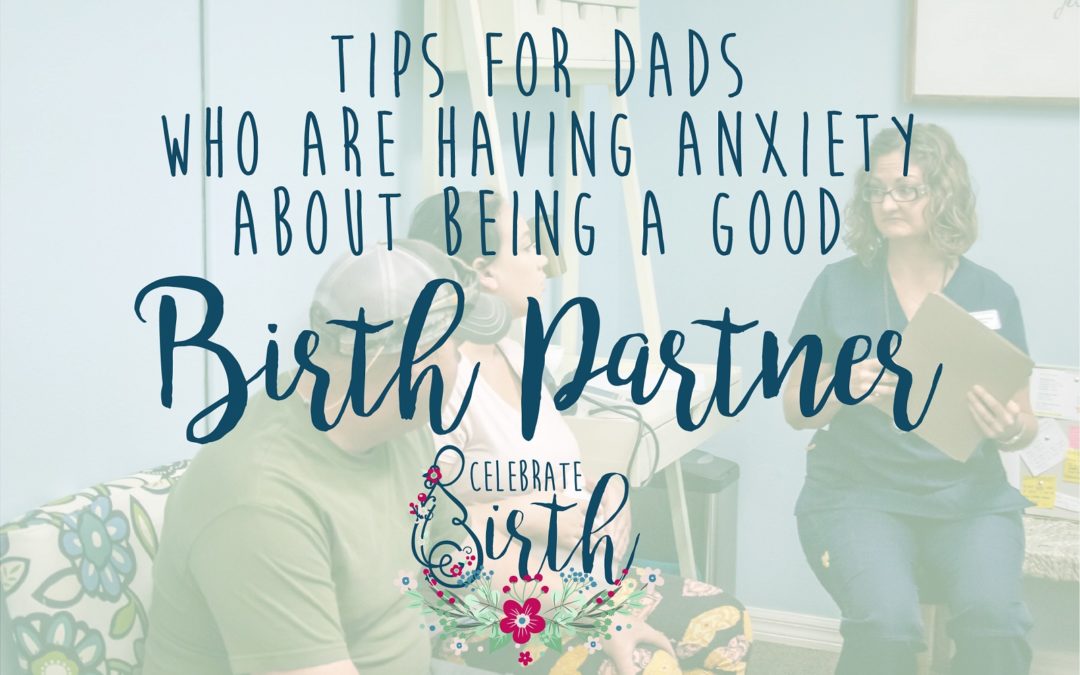Women deal with a lot during pregnancy. Between the morning sickness and the fatigue, it can be hard to handle, and that’s not even addressing the delivery! Many dads feel anxious throughout it all and don’t quite know what their role should be. While it might seem biology has given men a disadvantage here, there’s still so much they can do to be a vital part of the birth process.
Pregnancy
First things first, you have to be supportive! You may not be able to walk in her shoes, but you can be knowledgeable and understanding. If your partner has been hitting the books on pregnancy, ask which ones she recommends. Read them, take notes, and ask questions. It’ll be a great way to know what she’s feeling and find ways to help. Attend any prenatal appointments you can so you are both informed. Speak words of affirmation to her daily. Tell her how proud you are of her. Remind her that she’s beautiful. Listen when she tells you about all of those aches and pains, and don’t compare them to your own experiences or give any “at least” responses. Sometimes, it just feels good for her to vent.
Step up your game around the house. She’s undoubtedly exhausted. Take on some of her chores so she can relax. And meal prep! If she works, make her some lunches to take to the office. Prepare fiber-rich breakfast options ahead of time so she can sleep in a few extra minutes. If you’re feeling really inspired in the kitchen, cook a freezer meal or two so your family can enjoy some home-cooked food without the hassle after the baby arrives. If you don’t know where to start, here’s a handy guide!
And lastly, take some time to talk about her birth plan. If her labor becomes too overwhelming, she might not be able to advocate for herself. Know what she wants for herself, for the baby, and for you. Discuss whether she wants friends or family present, whether she wants you to catch the baby, and if there are any arrangements you might need to make for the kids or pets beforehand.
Labor
In the beginning stages, be supportive. Television shows like to make it seem like you have mere seconds to get to a birth center or hospital, but in reality you will have plenty of time to relax at home as your body progresses into active labor. Put on her favorite movie or play a game to distract her. Take a stroll with her around the neighborhood to help strengthen the contractions. When she doesn’t need to be tended to, tidy the house so you won’t have to worry about a mess when you get home after the birth. Double and triple check to make sure your birth bag has everything. And get her some water and light snacks to make sure she’s refreshed and well-hydrated.
When it’s time to deliver, keep the birth plan you worked on together handy so everyone on your care team can be reminded of her preferences. Provide counter pressure massages on her lower back, hold her hand when she needs it, smooth her hair away from her face, and remind her that she’s doing amazing. Ensure the room is exactly as she wants. If she doesn’t want the television on, don’t turn it on. If she has a playlist, make sure it’s going. Keep the lighting dim and the mood calm. Put phones on silent so neither of you are distracted by incoming calls or texts.
Even though your focus will be on her, you can’t forget to take care of yourself! During labor, make sure you’re wearing comfortable clothes and shoes. Leave the room occasionally so you can eat; this will keep the smell of the food away from her since it might make her feel nauseous. Keep a water bottle nearby so you can stay hydrated, too. For longer labors, know who you can call to be with her if you need to take a quick nap. Consider hiring a birth doula who can provide physical, emotional, and informational support for your both.
Once the time comes to push, do not leave her side! Synchronize your breaths with hers so you can help her keep the right pace. Keep those affirmations coming to let her know how strong she is and to remind her that she is so close to finally having the baby in her arms. Position yourself to where you want to be when the baby is born. And be ready to remind your care team of any preferences she would like to have during this stage, such as avoiding an episiotomy, waiting to clamp the cord, and having immediate skin-to-skin contact with the baby.
Postpartum
Dads, if you’re looking for your time to shine, this is it. Her body is still in recovery and will be for weeks. Let her rest as much as she wants. You’re likely tired as well, but keeping the house clean will help her to feel stress-free. If family or friends are visiting, don’t let them overstay their welcome. You can (nicely) kick people out if you need. Just blame it on the exhaustion!
Take time to bond with your baby. Hold your baby often and find out what best comforts and calms him/her. Try out different swaddling techniques until you find one that works. Test out different songs until you find your baby’s favorite (trust us, they’ll have one!) and sing it during those nights that your baby has trouble staying asleep.
Even if your baby is exclusively breastfed, you can still find ways to help with nursing sessions. Talk to your partner and see if she prefers that you wake up with her to change diapers and bring her snacks or if she prefers that you be well-rested so you can take over some duties during the day. The sleep deprivation of this time can definitely be a struggle, but remember that it is temporary. The benefits of your support will last far longer than those sleepless nights!
This last part is so important: take care of each other. You both need breaks. Take time here or there to go for a jog or grab some food. Encourage her to get out of the house and tell her you’ll take care of everything so she can relax over a cup of coffee or a book.
And know the warning signs you should be looking out for. The after-birth hormones can be real monsters, and it’s easy to mistake postpartum depression for baby blues. Familiarize yourself with the symptoms so you can help her spot them. We have a helpful guide right here. The most effective way to treat postpartum depression is to recognize it early and seek help. This isn’t just something you can ignore.
You don’t need us to tell you what an important time this is. If you feel anxious or helpless at all, take a second and relax. You are a crucial part of this, and your help can make all the difference. If you’re in need of additional support, contact us at Celebrate Birth! We can provide you with some resources and refer you to a postpartum doula to make this transition a little smoother.

